When Danielle goes camping with friends this weekend, her car will be crammed with the almost-overwhelming amount of stuff required for sleeping under canvas with kids. There will be beanies, woollies, boots, games and enough treats to coax the most recalcitrant toddler along a trail.
And somewhere in this potpourri of provisions will be a small package of treats for the adults, too. Ethically made using her homegrown organic crop, Danielle’s cannabis gummies will make the entire camping experience a lot more enjoyable for everyone.
“We’ll generally have one after a couple of wines, once the kids are in bed,” says Danielle, over the phone from her property on the New South Wales south coast, where she’s knee-deep in piles of kids’ clothes to pack before school pick-up. “Edibles really make for a great night. I remember one time recreating my children’s births through interpretative dance and glow sticks round the campfire. That was memorable.”
Edibles really make for a great night
And when the children wake early the next morning, Danielle and her friends will be bright-eyed and ready to take on whatever wholesome rural adventure awaits. “There are no side effects compared with how dusty you feel the next day after a bottle of wine,” she adds. “That’s another reason I love edibles.”
If you’ve ever struggled through a Saturday morning hangover with kids (and frankly, who hasn’t), this may seem reason alone to try them. It’s certainly one of the factors in the popularity of gummies among a certain subset of Australian women, who are cutting back or replacing their Friday night G&Ts with edibles or cannabis-infused vapes.
“My friend says all the mums at her kids’ private school are into gummies and vapes, and they talk about it non-stop,” says one Sydney-based writer, adding she too loves gummies. “I’ve got my mum onto them, as well,” she adds.
Thanks to the decriminalising of cannabis overseas, particularly in the US and Canada, getting high is more acceptable than at any time since the ’60s. When Kris Jenner is getting stoned (in one of the funniest episodes of the Kardashians yet – best watched on Gogglebox) and straight-laced Charlotte is accidentally eating hash cookies in And Just Like That, you know cannabis has gone completely mainstream.
All the mums at her kids’ private school are into gummies and vapes
In Australia, meanwhile, cannabis remains illegal, but consumption is increasing nevertheless. Since 2016, doctors have been able to prescribe cannabis products for medicinal purposes, everything from cannabis flower, capsules and lozenges (that’s the medical name for gummies) – and recently, prescriptions have gone through the roof.
In the first two years of the new rules, doctors prescribed 588 cannabis products, according to Therapeutic Goods Administration figures. Between 2019-21, that number jumped to 47,960, followed by a massive 697,909 in the past two years. Queensland is by far the biggest consumer of medicinal cannabis; chronic pain and anxiety are by far the most common reasons for its prescription.
Arguably there’s now no need to grow your own, or buy it from your younger sibling’s dodgy mate; you can get medicinal lozenges, derived from cannabis grown in highly controlled conditions, via a simple online appointment and phone consultation.
One founder of an Australia-based online cannabis prescriber says his company’s patients fall into two broad categories: those aged 40 to 65, who have serious chronic conditions such as anxiety and pain, and might have tried other remedies without success; and a younger age group, aged 20-35, who are “a quasi rec [recreational]-slash-medicinal” market.
Some of this group may well be managing conditions such as anxiety, he adds, but “you’re getting a lot of rec users who are realising they can access cannabis legally at pretty good prices now… A lot of these users are just moving from the black market to this sort of legal medicinal market.”
You’re getting a lot of rec users who are realising they can access cannabis legally
Forty-one-year-old Sarah, from Sydney, falls into this group, having been prescribed two different cannabis vapes via an online provider. “I’m still waiting to see if the sleep one helps but the ‘day’ one [containing THC] is fun and makes me want to dance or do karaoke. It’s a very nice feeling,” she says. Another mum confesses that she’s never found her husband funnier than when she’s taken an edible, which is a big help on date nights.
The comedown
Not everyone takes gummies just to get high, though. Maria, a 46-year-old mother of three in Melbourne, reaches for her stash of CBD edibles (bought in the US by her husband on a work trip) at the end of a long working week. “They’re an all-over relaxant and less troublesome than alcohol because I don’t get a hangover,” she says. “But I only take them when I know I won’t be driving the next day, as I can feel them in my system.”
THC, the psychoactive component of marijuana, is detectable anywhere between one day to a month or longer in urine, depending on how regularly it’s used, and up to 24 hours in saliva. That’s a problem if you need to jump in the car for school sports, as driving with any amount of THC in your system is illegal (although Premier Daniel Andrews has indicated he is supportive of legislative change in Victoria). But that’s only one of the potential pitfalls of cannabis consumption.
Just as some of us struggled to smoke weed as a teenager without experiencing ruinous paranoia, so too with THC gummies. “I’ve had gummies several times and I’m fine with just a few friends, but in a bigger group I’ve felt paranoid that I wasn’t keeping up with conversations,” says one Melbourne mum. “And brownies last for ages – I remember just wanting the effects to stop.”
I only take them when I know I won’t be driving the next day
Danielle admits that in the early days of producing her homemade edibles, she struggled to perfect dosage. One friend who took one of her products at a festival was “literally mute for 24 hours. She still hasn’t forgiven me for that.”
Other potential risks include children mistaking gummies for actual lollies, which often look very similar. Dr David Atefi, Public Health Medicine Registrar at the NSW Poisons Information Centre, says it’s more common for children to achieve higher dosages of THC this way, because “they might have consumed several gummies and children are, of course, smaller.”
Although the incidence of children ingesting gummies inadvertently is probably in the low double digits per year, he adds, the side effects can be severe, including drowsiness or lethargy, vomiting, agitation or tremor in higher doses. “You might see signs like seizures, coma or even difficulty in breathing. Sometimes, those symptoms and signs require admission to hospital and even to intensive care units.”
Danielle confesses to being terrified that her children will find and eat her edibles. “I’m really vigilant, particularly when I’m giving them to other people,” she says, referring to the care packages she provides for friends. “I always triple wrap them and write ‘spicy’ and ‘do not touch’ on the side. Thankfully there hasn’t been an incident yet.”
But the risk of her kids finding a stash of mummy’s gummy bears is outweighed by the enjoyment of getting high with her mates, or even just at home with her family. “I find I’m just a better parent if I have an edible in the afternoon because I stop running around and I’m more present. I can giggle with them and be in their world.
“I think the global moves to deregulate cannabis, along with its medicinal availability, have helped to destigmatise it,” she adds. “If the medical community is espousing the benefits, surely it’s only a matter of time until cannabis is completely decriminalised and any stigma is removed completely.”
And then we can all indulge in gummy-fuelled interpretative dance without any fear of recrimination. At least, the legal kind.
*All names have been changed




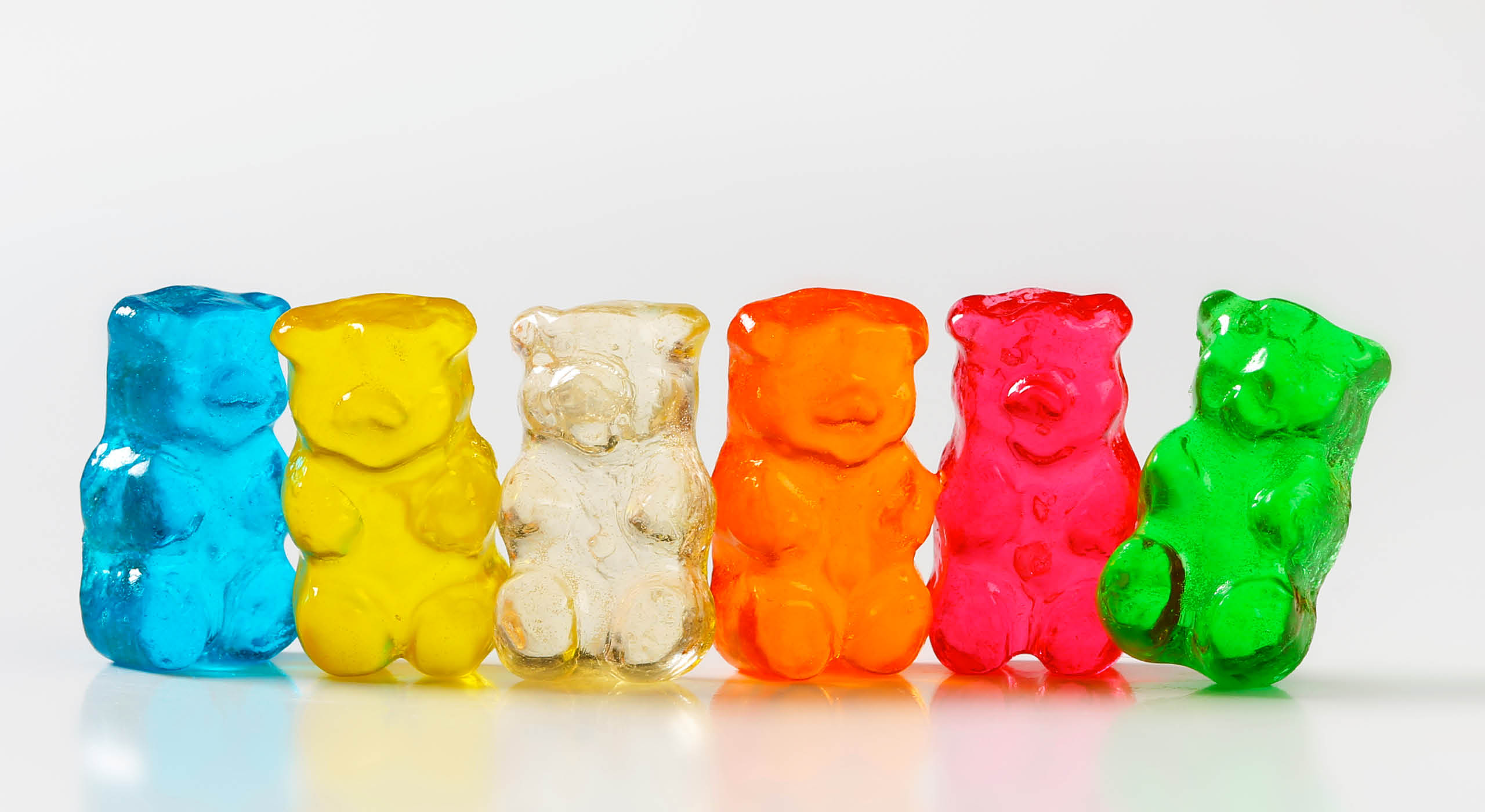



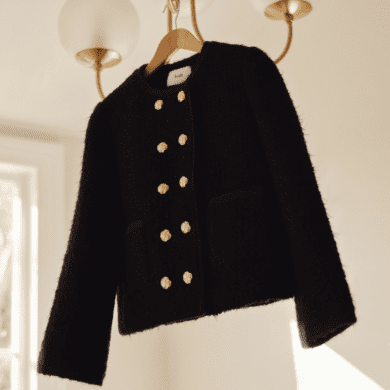
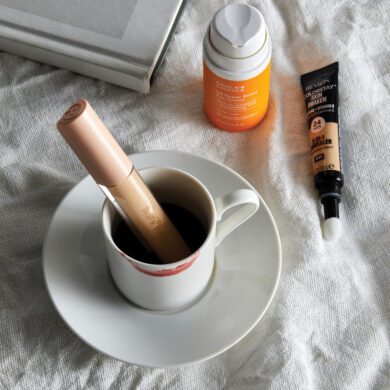
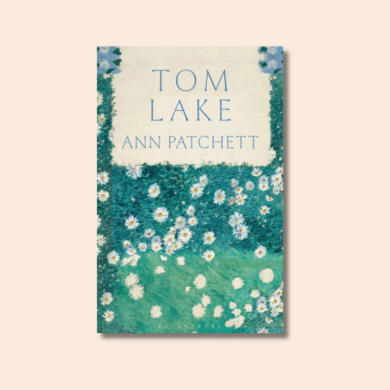
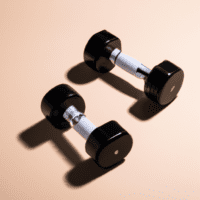

No Comments